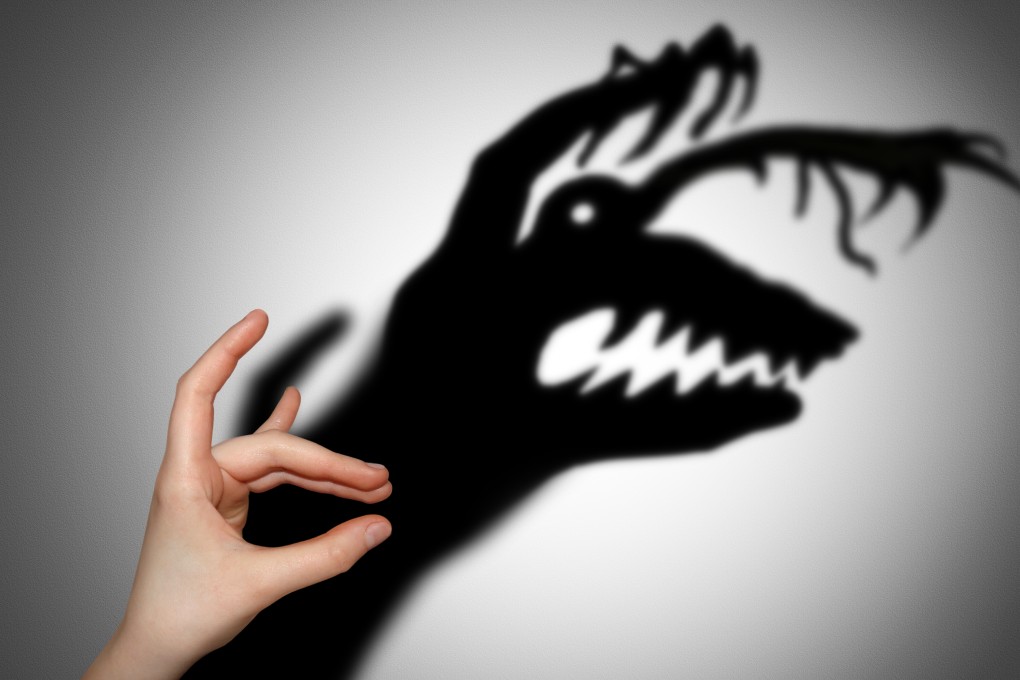Book review: Hugo Wilcken's experimental novel is disguised as a thriller - and vice versa
Mistaken identity? Psychosis? Wilcken's novel is intractable and very strange - but fascinating, if you let it work its magic on you


by Hugo Wilcken
Melville House

The Reflection is an experimental novel disguised as a thriller - or is it the other way around? On the one hand, it is a noirish page-turner set in 1940s Manhattan with more plot turns than a Hitchcock box set. On the other, it is a story about the way we try to make sense of stories.
New York psychiatrist Dr David Manne takes a phone call that tells him his ex-wife, Abby, has died. The news unbalances him, and he ends up leaving his clinic and wandering the city. When he returns, he is asked to carry out an examination on a violent husband. "It was my sideline. I was on call for incidents like this, when the police needed a psychiatrist's signature to get someone temporarily committed."
Things start to slip and crack for Manne. The man he sees, Esterhazy, denies not only the violence against his wife but even that he is who the police say he is. "My wife is dead. We split up a long time ago." He says his name is Smith. To Manne, having been told initially that the man is unstable, this simply affirms the view. But what if Smith is right? Manne commits him, but becomes concerned about his decision. Then he finds things happening to him that belong to Smith's past, and his memories begin to clash with other people's recollections. Slowly, Manne's life becomes so entangled with Smith's that the two become literally indistinguishable.
That is easier said than understood, but uncertainty and obscurity are at the heart of The Reflection. A good book is a dialogue, not a monologue. So when Manne starts to think like Smith, the reader has a decision to make, just as Manne did when asked to sign those papers: resist, or dive in? Do we trust what we were first told - that our narrator is a psychiatrist - or do we recall that, in the early pages, Manne described a former patient "who had developed the delusion that he was really a psychiatrist, by the name of Dr David Manne"?
The Reflection could be read as a psychological thriller of mistaken identity, or as the tricky tale of an unreliable narrator, or as slipstream fiction, bringing different realities into collision. (One character's name references Adolfo Bioy Casares's The Invention of Morel, a novel similarly immersed in contradiction.) As Manne wanders "the immense museum of strangeness" that is New York, he inhabits Smith's life ever more intensely, taking his job, sleeping with his girlfriend.